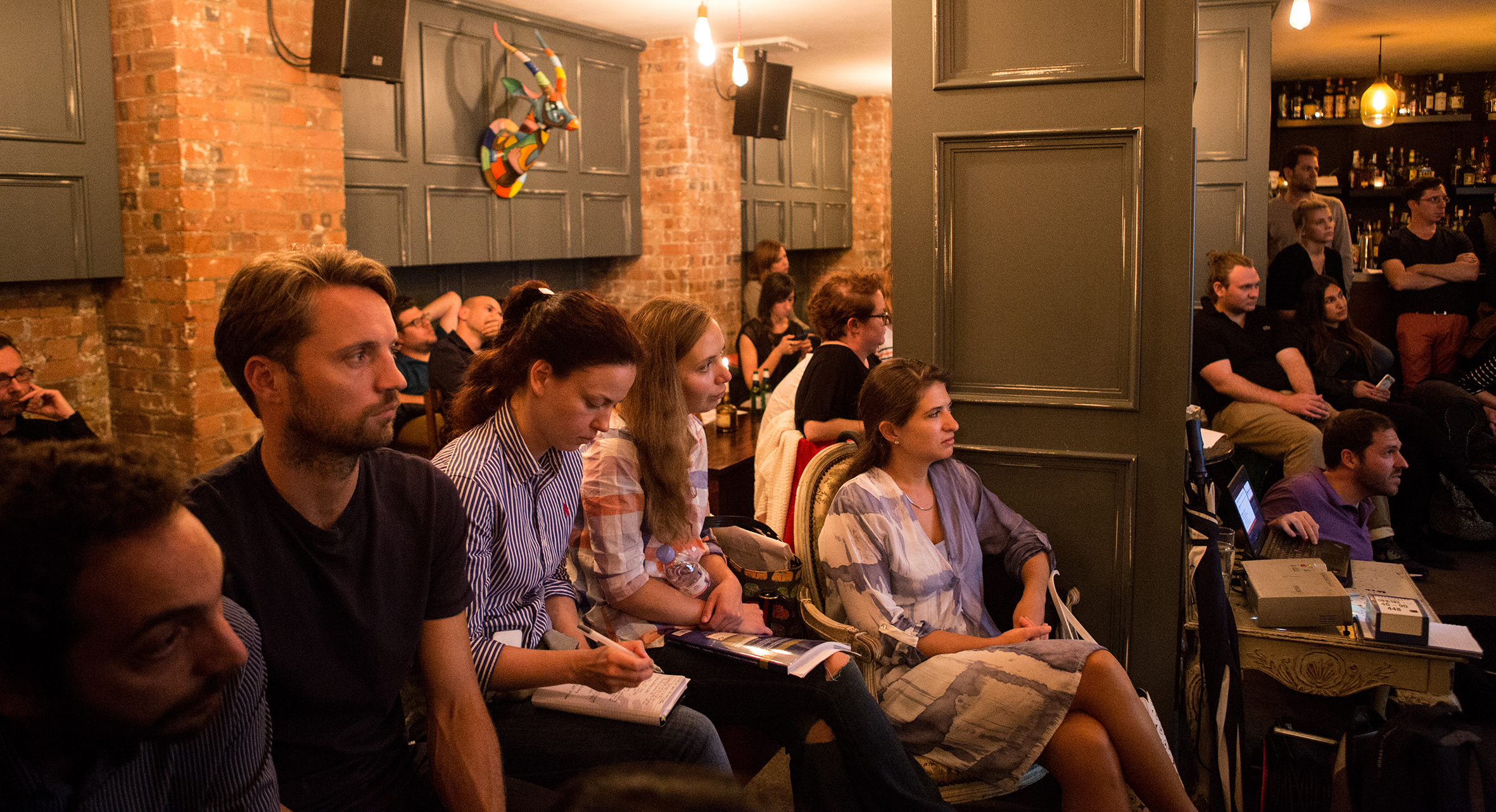How to develop a powerful mindset
Ahead of his talk at the inspirational LDN Talks @ Night events, Graham W Price outlines six tools to change your mindset and achieve your goals

Accept the feeling, choose the action
Most people go through life allowing their feelings to determine their actions. In the case of recurring uncomfortable feelings, this is generally hugely unhelpful. When we do this we universally reinforce the (usually unconscious) beliefs that are driving our uncomfortable feelings.
Avoiding things that make us anxious will always reinforce the beliefs that are driving our anxiety.
By contrast, if we accept an uncomfortable feeling (allowing it to be there, knowing it won’t harm us and is bearable), and try doing the opposite of what the feeling is driving us to do, we’ll unwind the beliefs that are driving the feeling.
This powerful tool can be used to resolve any unproductive feeling or behaviour pattern we may experience in our lives.
Stop playing ‘when-then’ games
Most ‘when-then’ games are an excuse for deferring taking powerful action. ‘When I feel more confident, then I’ll start speaking to groups,’ for example. ‘When Christmas is over, then I’ll start losing weight.’
Some ‘when-then’ games are sensible: ‘When I have the money, then I’ll buy the Ferrari.’ But most are just an excuse for delay. If you find yourself playing one, stop playing it. If that generates fear or any other uncomfortable feeling, accept the feeling and choose the action.
Make a commitment
If you have a challenging goal that’s entirely dependent on your own actions, such as stopping smoking or losing weight, make a commitment.
A commitment isn’t an intention. People have plenty of good intentions that regularly fail at a weak moment. A commitment is an unbreakable promise that you’ll do something.
If you want to limit any resistance you may feel to taking a powerful action, make a commitment for a limited time, then renew it if necessary. To strengthen it, share it with others who’ll support you. Do it now.
Focus on contribution
Most goals are self-seeking and so success tends to be impacted by our own sense of confidence or self-limitation. If you’re stuck on a goal because of a sense of your own limitations, try reframing the goal in terms of what it will do for others.
Your own limitations are likely to appear less significant compared with the benefits others will gain. This is equivalent to the advice I often give anxious public speakers – to focus on the benefits you’re giving your audience rather than what the audience may be thinking of you.
Act as if
Think of someone you admire who has achieved, or could easily achieve, whatever you want to achieve. Ask yourself what they might be doing right now in your situation; then do it.
Alternatively, ask yourself what you’d be doing if you had a more positive attitude, mindset or self-belief. Then try that. If this generates fear or any other uncomfortable feeling, ‘accept the feeling, choose the action’.
Take bold action
If you’re stuck on a goal, try doing something ‘out of the box’, something out of character, something extraordinary. If you’re ‘acting as if’ you may already be doing this. If this generates fear or any other uncomfortable feeling, you now know what to do.

About the author
Graham W Price is a chartered member of the British Psychological Society and an accredited member of the British Association of Behavioural and Cognitive Psychotherapies.
Photograph: iStock









